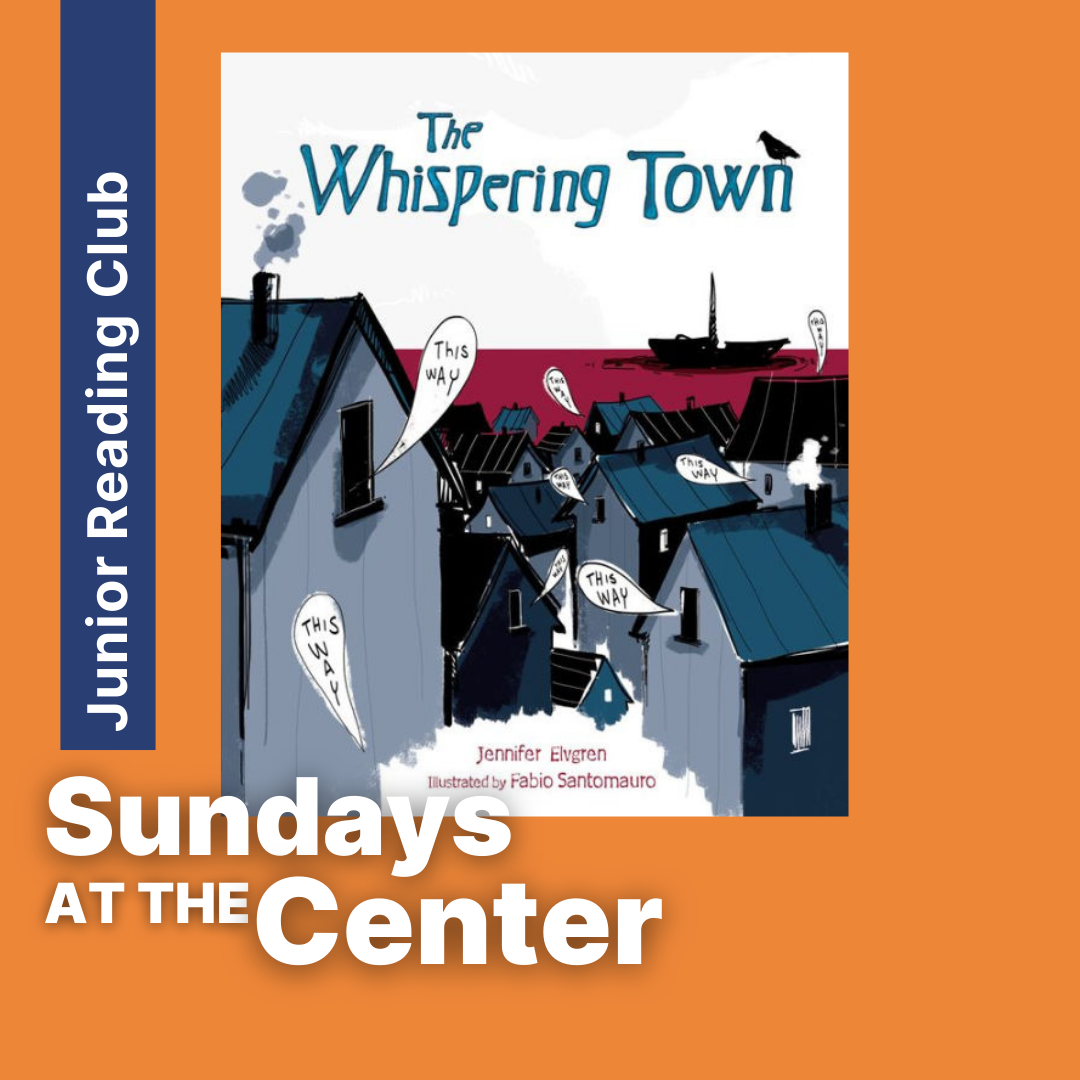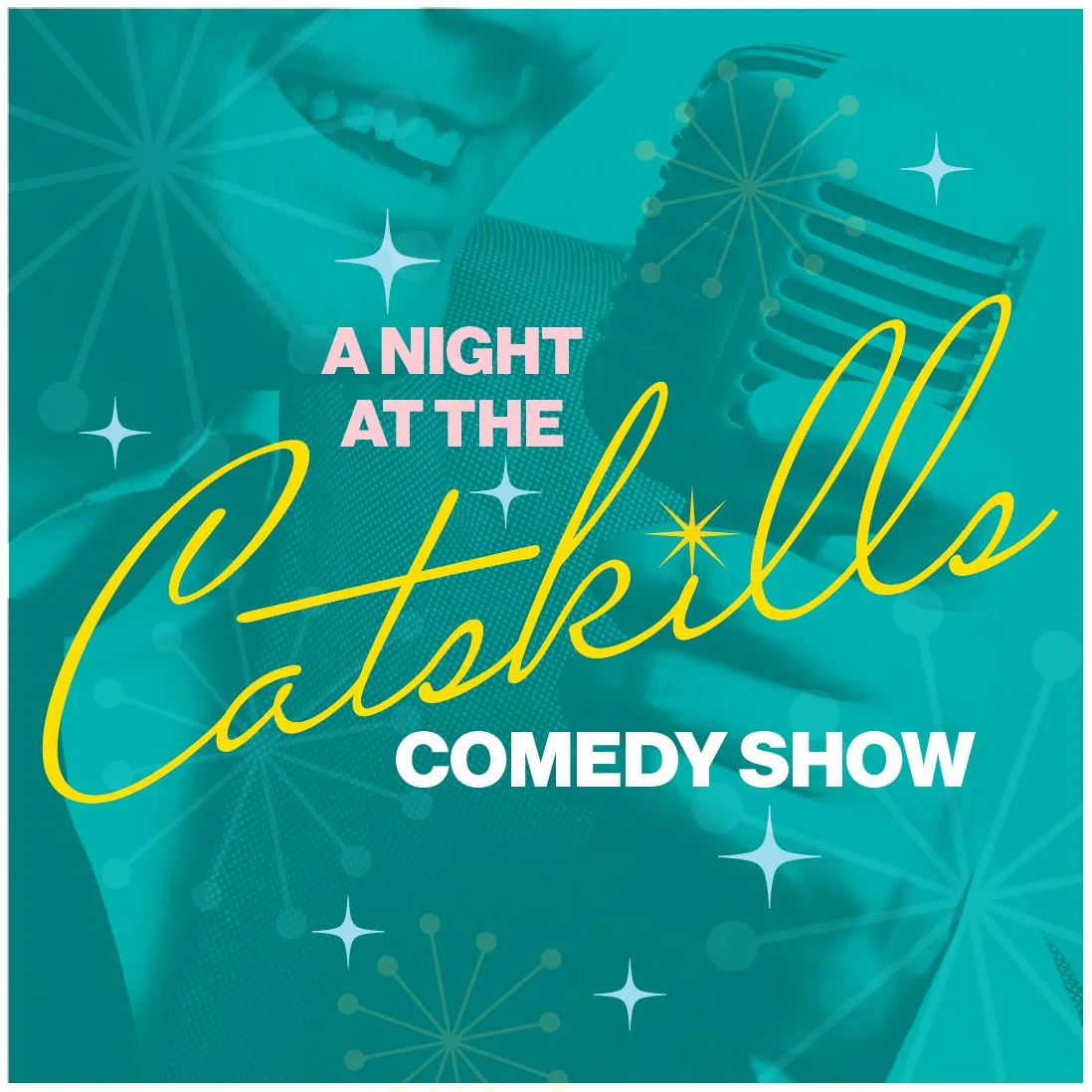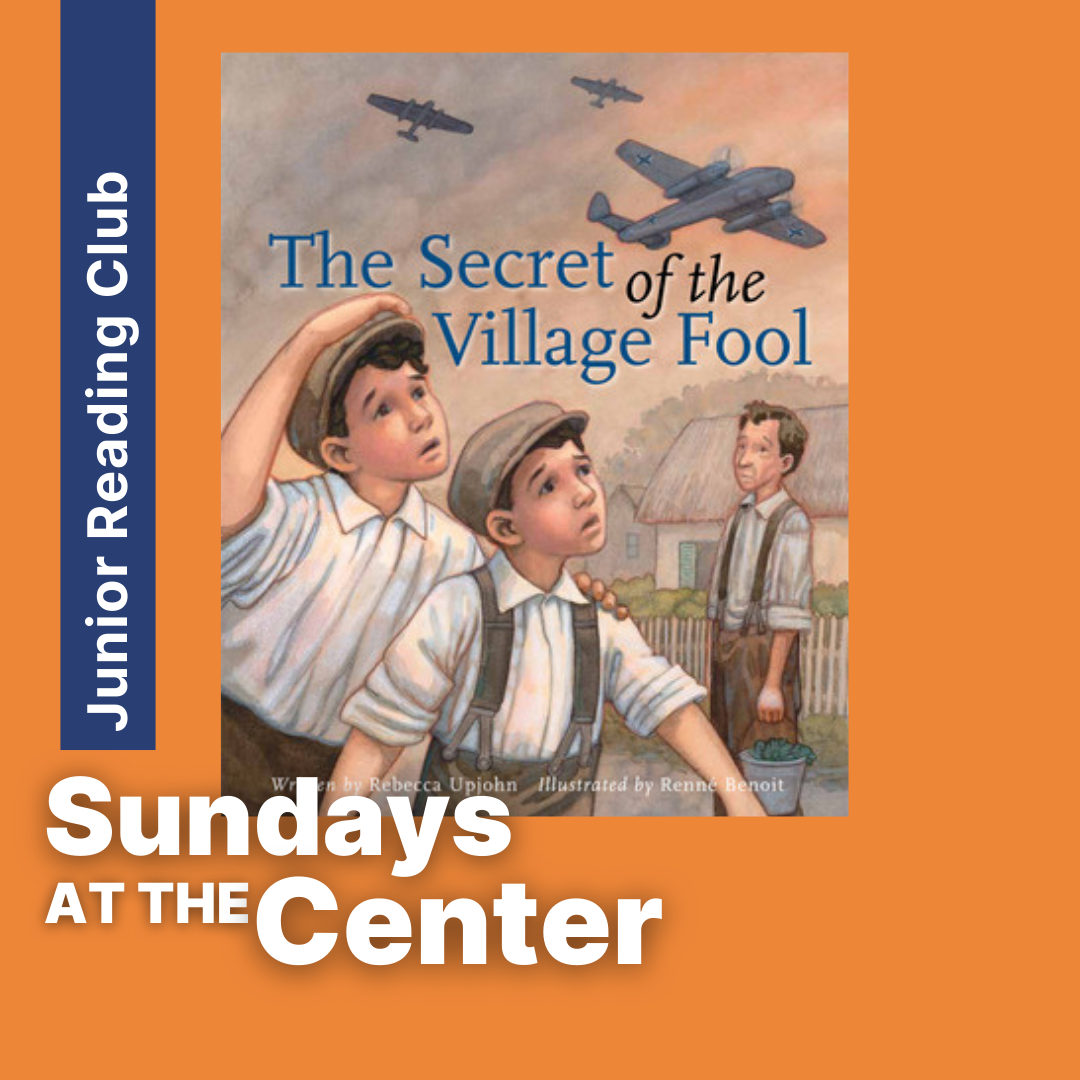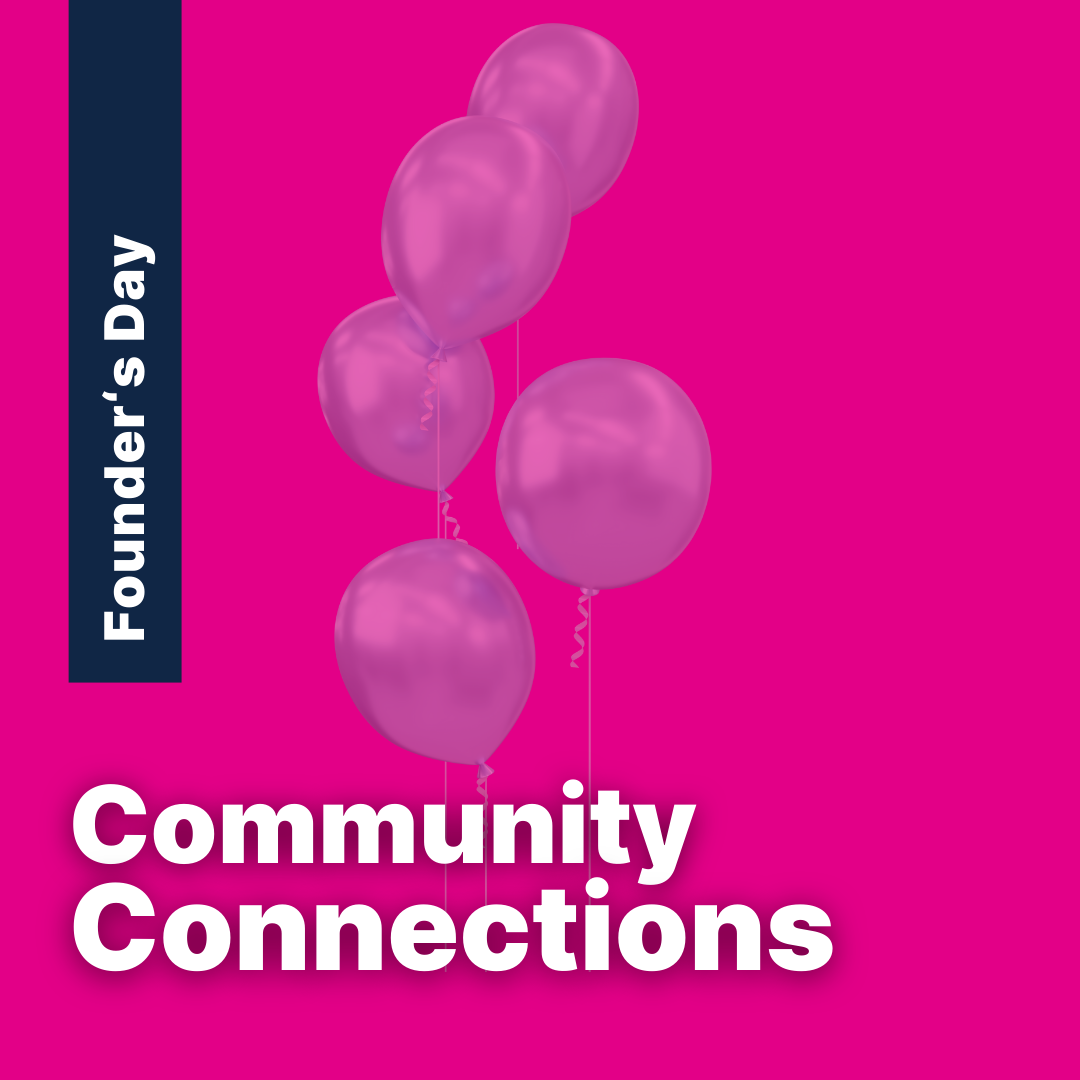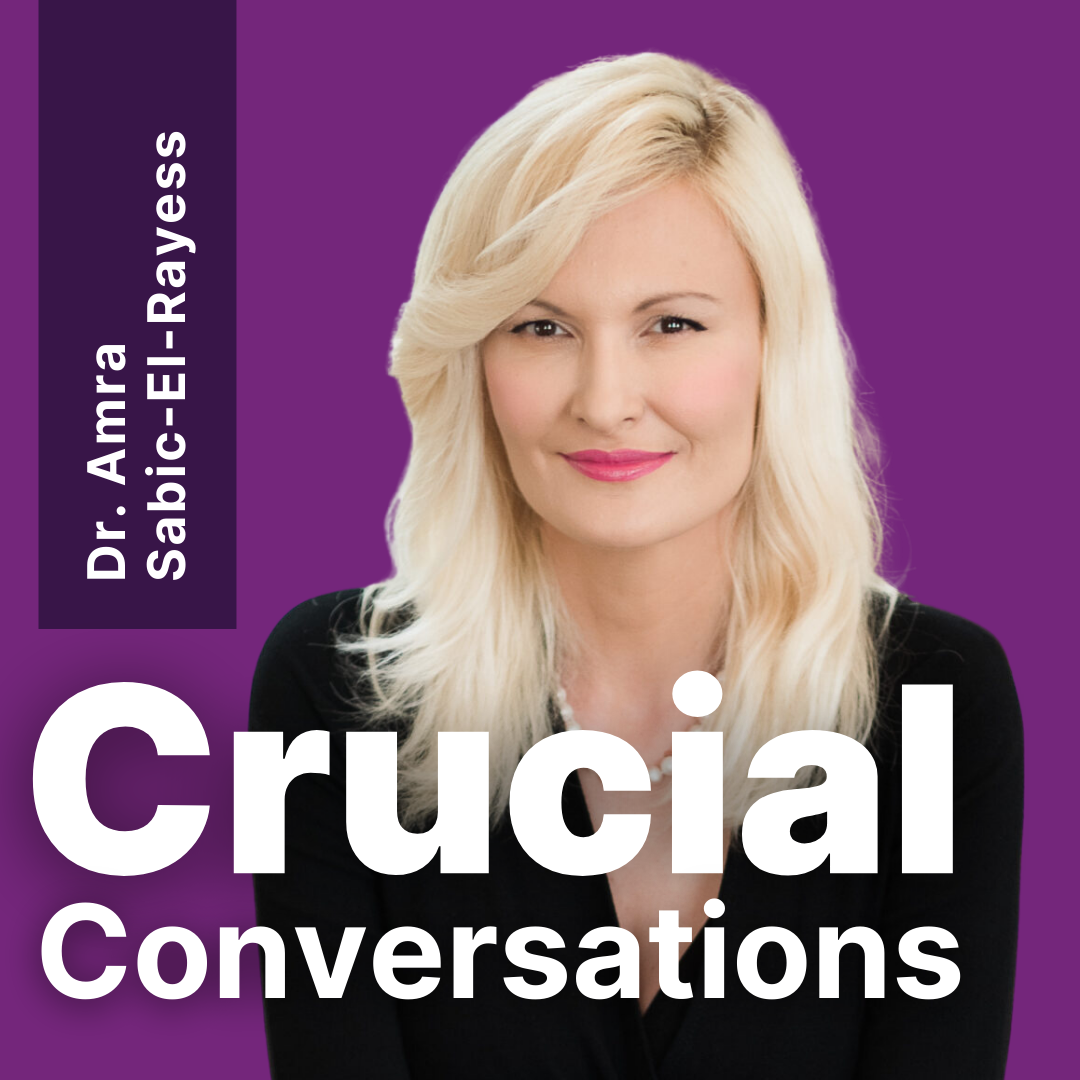
Upcoming Events
Preserving the past.
Protecting the future.
We use the history and lessons of the Holocaust to build a just and caring community free of antisemitism and all forms of prejudice and bigotry.
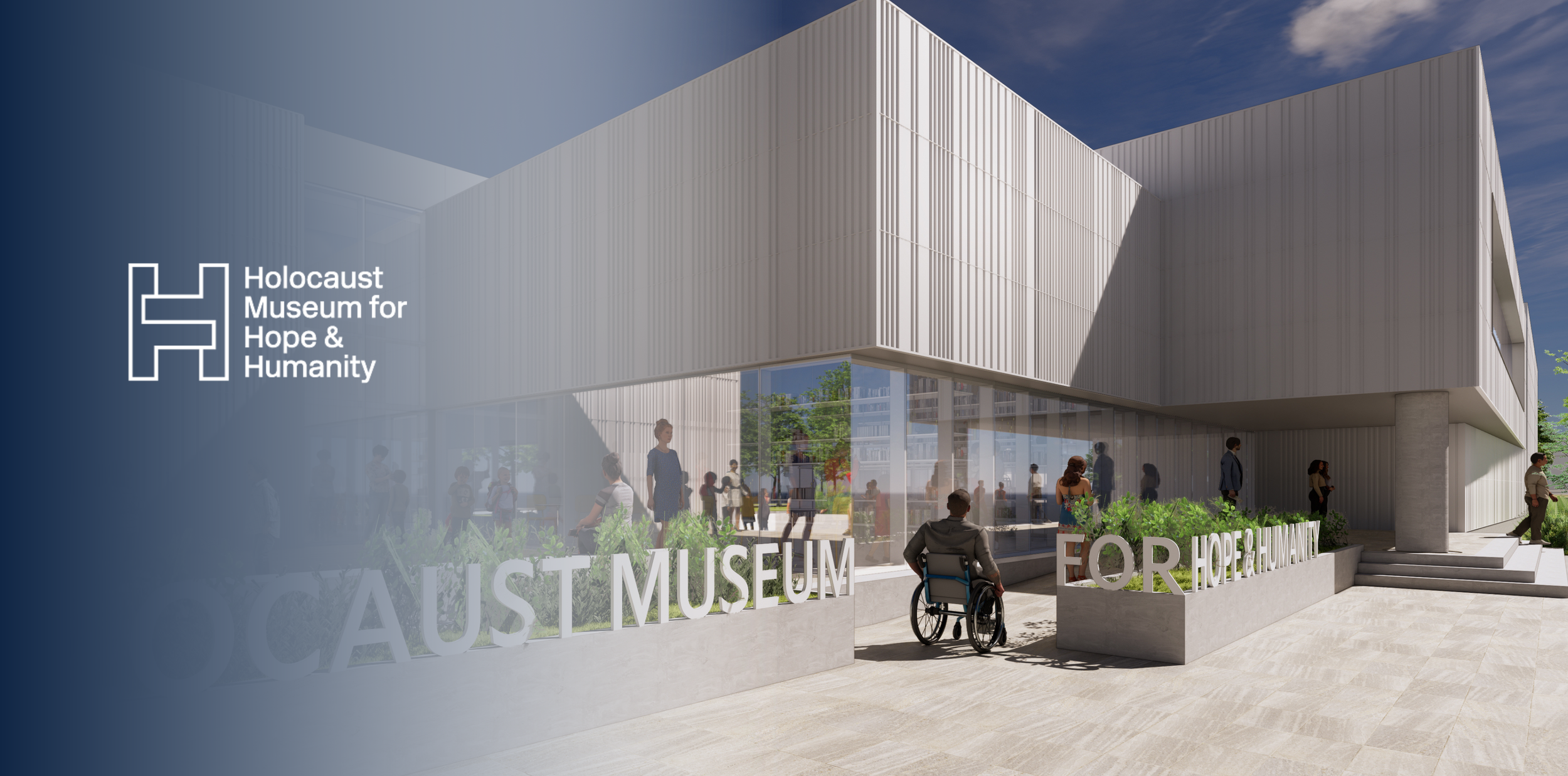
Our New Museum
Ways to Give
Tess Wise, Center Founder & Holocaust Survivor
Your generous gift allows us to continue educating visitors on how we can create an inclusive community free of hatred through the lessons and history of the Holocaust.

